
Resolution 68/NQ-TW of the Politburo affirmed the central role of the private sector in cultural and creative development, considering private enterprises as the "core driving force" of economic growth, digital transformation and green economy.
Hue chooses its own path
Hue is a destination of famous cultural heritages of Vietnam and the world . This locality has more than 1,000 inventoried relics, 202 ranked relics; especially 8 heritages honored by UNESCO along with more than 500 festivals and many famous craft villages, thousands of culinary dishes in the "treasure" of Vietnamese cuisine. Along with that, the unique ecosystem and landscape of Huong River, Ngu Mountain, Tam Giang Lagoon, Bach Ma Forest..., have contributed to creating a unique heritage ecosystem, a "gold mine" for creative cultural business models.
According to Mr. Phan Thanh Hai, Director of the Department of Culture and Sports of Hue City, with the consistent viewpoint of "Preservation for development, Development for preservation", linking the private economy with the heritage economy towards Hue - Heritage, creative, green, smart. Hue chooses its own path, placing culture and heritage at the center, developing based on the heritage foundation to create a difference and sustainability. In that journey, the private economy is the pioneering force to develop cultural industries such as heritage tourism, ao dai, handicrafts, cinema, art, design, games - digital content...
Expanding cooperation in the form of PPP (public-private partnership) and socializing cultural investment is necessary and important for this development. In fact, in recent times, many businesses have invested, developed, and exploited products and services associated with heritage and culture in Hue. However, the spread of these products and services is still not commensurate with the potential and has not fully exploited the strengths of Hue.
The Director of the Department of Culture and Sports of Hue City believes that it is necessary to remove the "bottlenecks" that are affecting the current economic development of Hue's heritage. These include the incomplete PPP legal framework; the hesitant mentality, the "ask - give" mechanism; the lack of cooperation between the government, businesses, and the community; cultural enterprises are weak in capital, human resources, and connections; commercial risks emptying the heritage...
Dr. Phan Thanh Hai also emphasized that building a different and sustainable path to develop the private economy associated with the heritage economy in Hue needs to be based on the principle of 4 "T", including: Respecting original values, conservation standards; Integrating heritage - night economy - transportation - environment; Sophisticated with Hue aesthetics, small scale - high quality; Interacting with the accompanying community, co-creating businesses.
The representative of UN-Habitat (United Nations Human Settlements Program) proposed a model for Hue as "Creative Heritage Ecosystem led by the private sector", aiming to turn heritage (tangible, intangible, culinary, architecture, landscape) into a production - innovation - market platform with the active participation of the private sector, "living" conservation and enhancing urban value and quality. Putting the private sector at the center of "heritage-based urban regeneration", the above model does not replace conservation but enriches conservation with a creative business model; thereby linking the goal of heritage conservation with jobs, growth and production, sustainable consumption. Putting private enterprises and creators at the center, the government creates, co-invests, protects, the community co-owns values, Hue can move to the orbit: "Living heritage - digital innovation - green circulation". In particular, nurturing innovative solutions from young people and the community.
Promoting digital transformation
According to Mr. Nguyen Xuan Son, Director of the Department of Science and Technology of Hue City, in recent years, digital transformation has made an important contribution to the development of all areas of the locality. Digital transformation is also contributing to the development of digital tourism, digital socio-economy and modernization of communication infrastructure. As a locality with 8 cultural heritages honored by UNESCO, Hue has pioneered the application of technology to multiply the value of heritage.
The digitalization of the Hue Monuments Complex using virtual reality (VR) and augmented reality (AR) technology has opened up new experiences for visitors, contributing to increasing the number of online tourists, while expanding the scope of promotion and generating more revenue from online services. Mr. Hoang Viet Trung, Director of the Hue Monuments Conservation Center, said that heritage is not only for sightseeing but also an economic and cultural resource, associated with tourism, creative services and value-added chains. In this regard, PPP cooperation models are a strategic method: the State plays a guiding role and ensures authenticity, while private enterprises bring resources, dynamism and creativity.
In many countries, many creative cities have proven that heritage can become a driving force for sustainable development when the private sector is encouraged to participate. For Hue, the challenge and opportunity is how to turn heritage into an economic foundation, while expanding opportunities for local businesses, young entrepreneurs and the startup community.
In the current digital age, data has become the “new oil”, driving all economic sectors. Advanced countries are considering data as a strategic infrastructure, while building a transparent legal framework and an effective data market to stimulate innovation and sustainable development. Vietnam is also entering an important stage of extensive digital transformation. The Hue Monuments Conservation Center has deployed many advanced technology applications. And towards expanding the development of artificial intelligence (AI), big data (Big Data), and Internet of Things (IoT) technologies will be put into use to optimize the management process and provide information to visitors at the Hue heritage site.
Recently, this Center has deployed the Digital Identification solution and exhibition of Nguyen Dynasty Antiquities, both a breakthrough in applying new technology and preserving and promoting existing heritage values, bringing heritage into the digital age. Each antiquity is assigned a unique identification code, combined with 3D digitization and storage on blockchain, ensuring authenticity, transparency and high security.
In parallel, the digital exhibition system on museehue.vn applies VR/AR, metaverse and physical technology, allowing the public to experience vivid heritage beyond the limits of space and time. Mr. Hong Seung Mo, representative of Urban Architecture Landscape Sustainable Design Co., Ltd. (UALS, Korea) said that promoting and developing Hue's heritage economy needs to focus on culture technology. The combination of culture and information technology can turn tangible and intangible cultural heritages in Hue into information sources and develop them into knowledge content; at the same time, it becomes a driving force to promote the development of creative people and the creative development of the city, contributing to promoting the cultural industry.
Improving quality of life and sustainable development in heritage cities
From October 14-16, the 5th Regional Conference of the World Heritage Cities Organization in Asia and the Pacific (OWHC-AP) took place in Hue City with the participation of more than 100 delegates from 7 countries: Vietnam, Korea, China, Malaysia, Indonesia, Philippines, Sri Lanka. With the theme "Livability for sustainable development of World Heritage Cities", the conference focused on exchanging policies, urban management experiences, and solutions to improve the quality of life in cities with unique heritage values.
Several discussion sessions with topics such as challenges in world heritage conservation in cities; quality of life in world heritage cities; case studies of cities on policies and prospects for improving the quality of life in world heritage cities... In addition, the Conference also had a special session introducing the New Urban Project (NUP) towards smart, sustainable and community-connected urban models with important presentations on sustainable conservation, digital technology application, the role of the community...
On this occasion, experts and delegates from various countries will also visit, survey and learn about experiences in the work of preserving and promoting values at the Complex of Hue Monuments. The Organizing Committee also awarded prizes and displayed excellent works from the "Creative Content for World Heritage Cities of OWHC-AP" Contest. Through the activities of the conference, it will contribute to strengthening the cooperative relationship between Heritage Cities in the Asia-Pacific region, creating momentum for common initiatives on heritage and urban development. ST
Source: https://baovanhoa.vn/van-hoa/lam-gi-de-kinh-te-tu-nhan-phat-trien-gan-voi-di-san-174835.html



![[Photo] The 18th Hanoi Party Congress held a preparatory session.](https://vphoto.vietnam.vn/thumb/1200x675/vietnam/resource/IMAGE/2025/10/15/1760521600666_ndo_br_img-0801-jpg.webp)
![[Photo] Many dykes in Bac Ninh were eroded after the circulation of storm No. 11](https://vphoto.vietnam.vn/thumb/1200x675/vietnam/resource/IMAGE/2025/10/15/1760537802647_1-7384-jpg.webp)
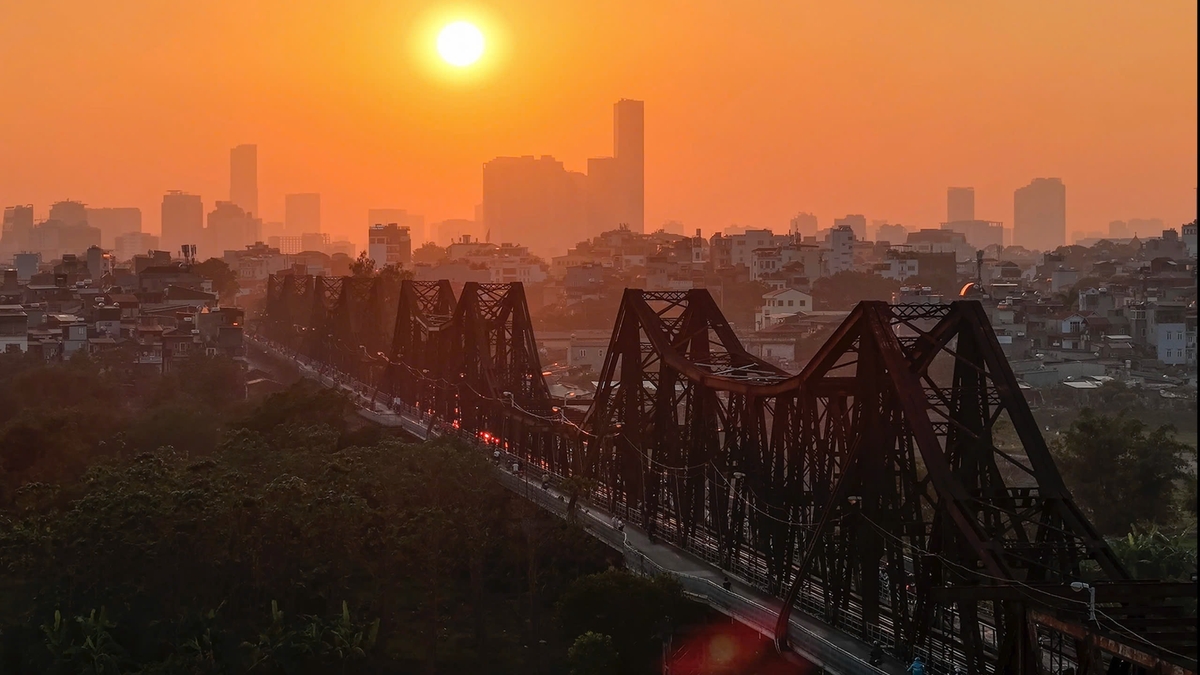

![[Photo] Conference of the Government Party Committee Standing Committee and the National Assembly Party Committee Standing Committee on the 10th Session, 15th National Assembly](https://vphoto.vietnam.vn/thumb/1200x675/vietnam/resource/IMAGE/2025/10/15/1760543205375_dsc-7128-jpg.webp)


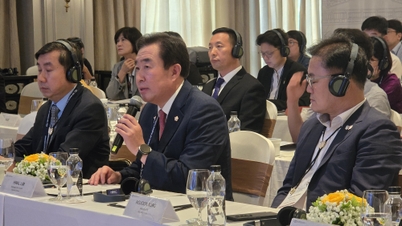
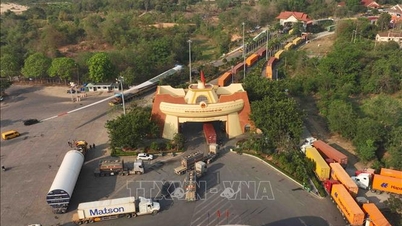

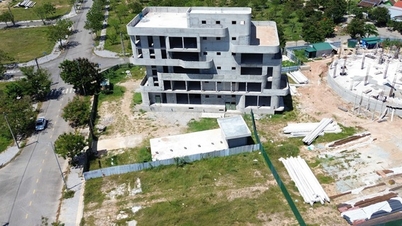

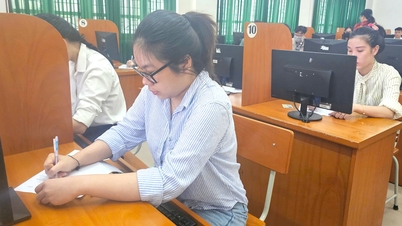
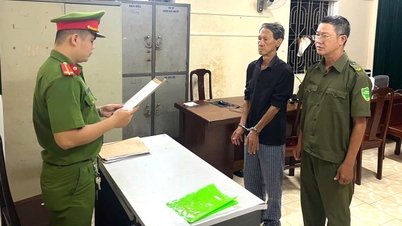
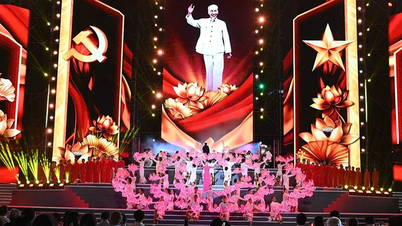

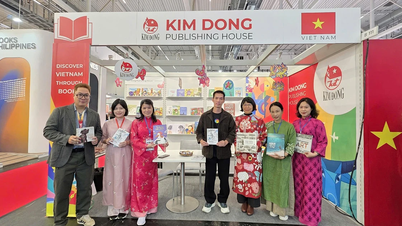
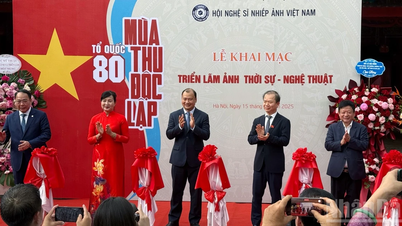
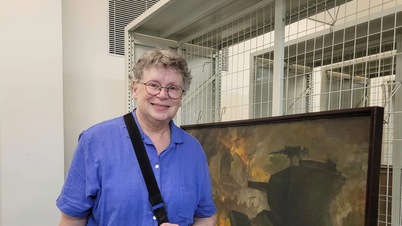

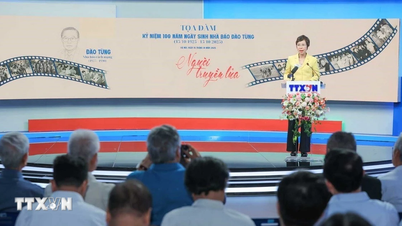
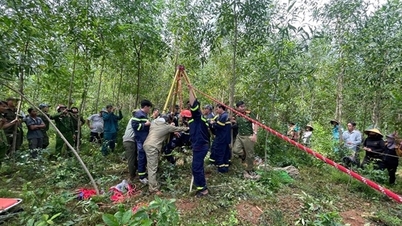





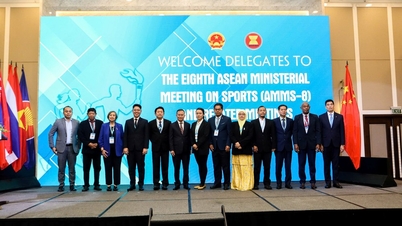
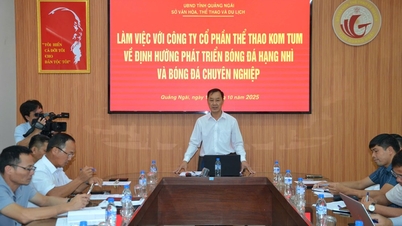
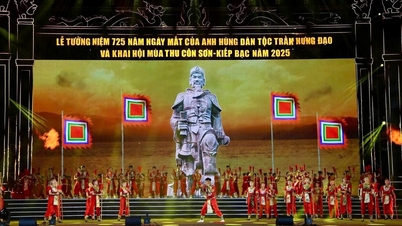
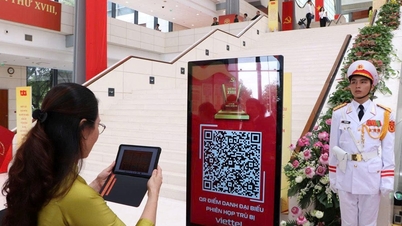

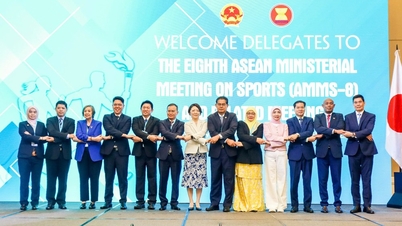
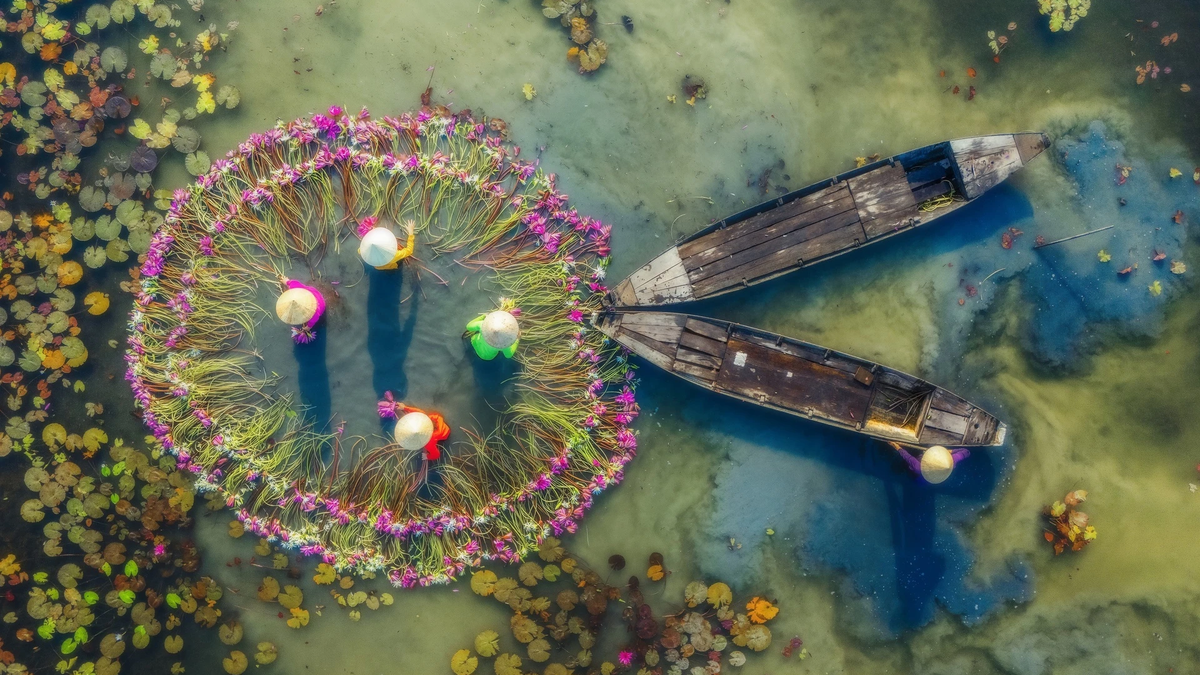
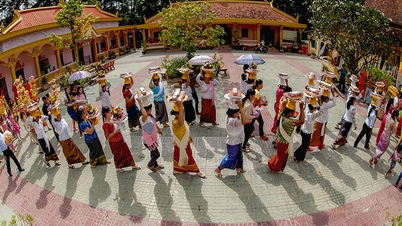

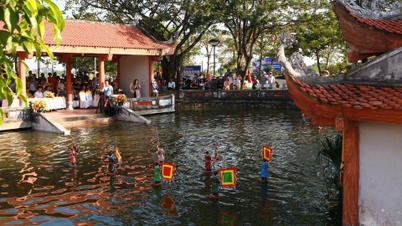
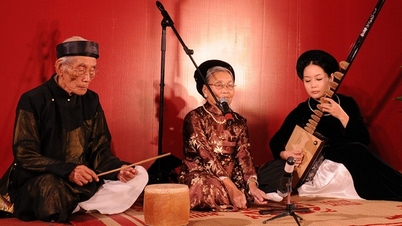

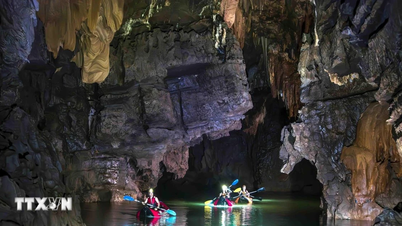
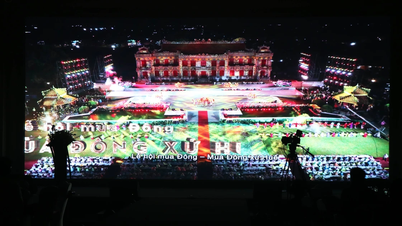
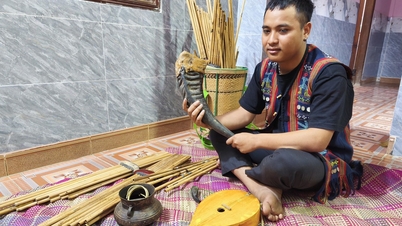

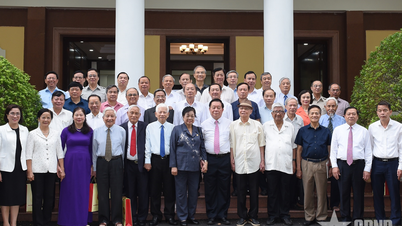




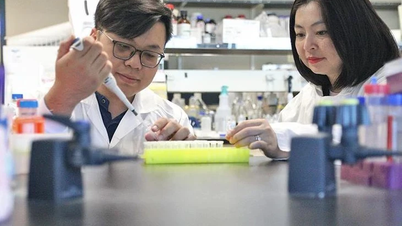

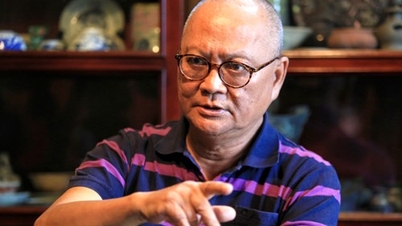
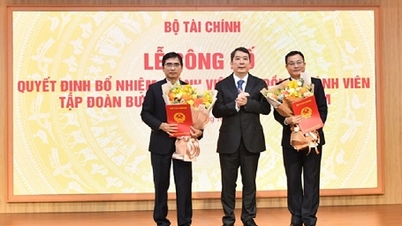

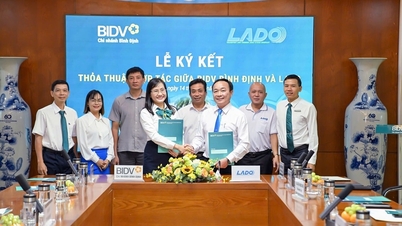

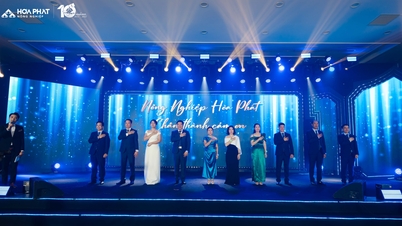









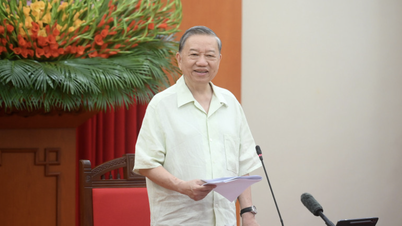
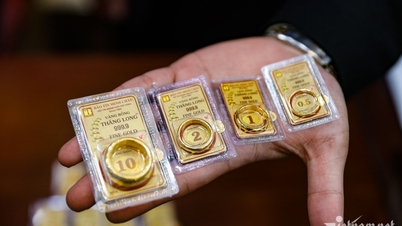

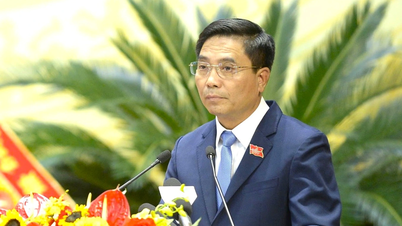
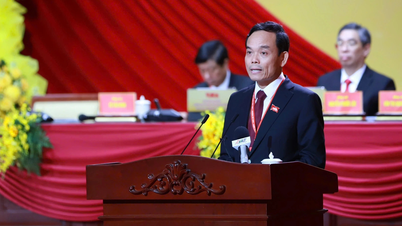
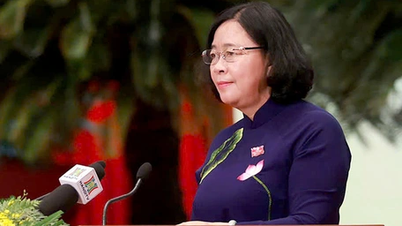

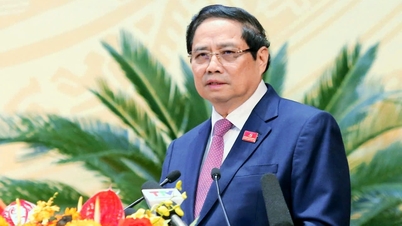
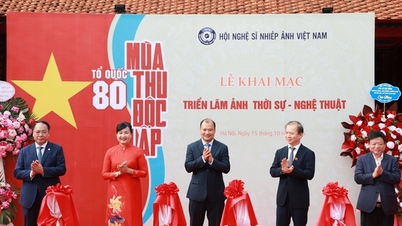

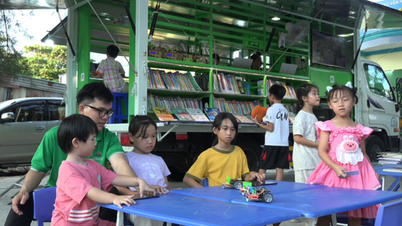
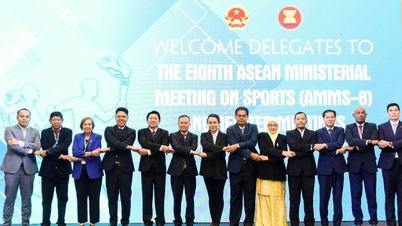
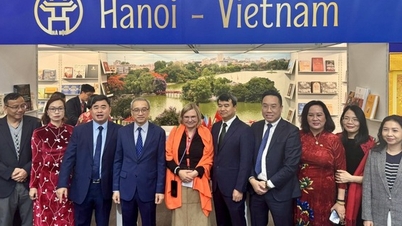
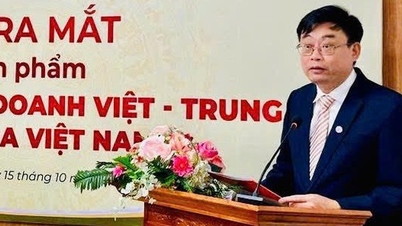

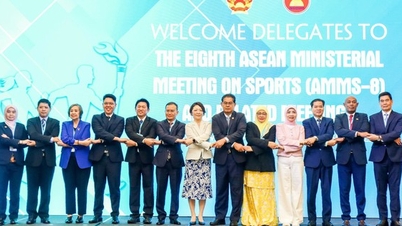
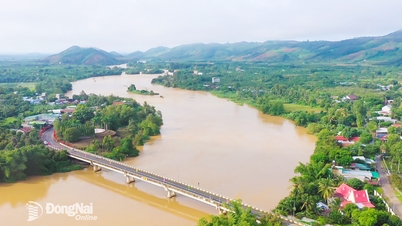

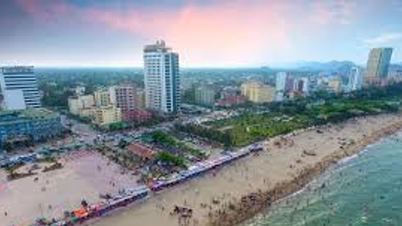

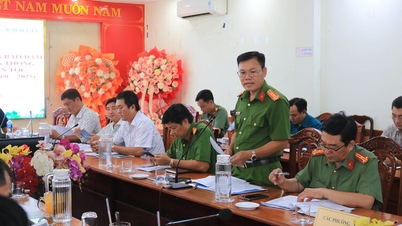


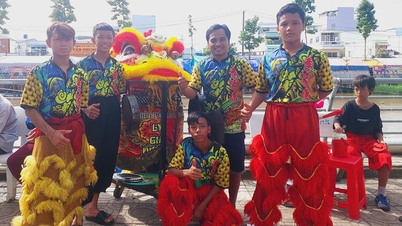
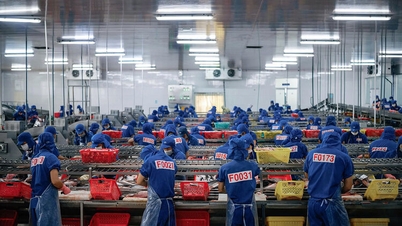





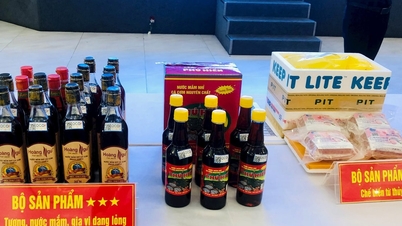









Comment (0)